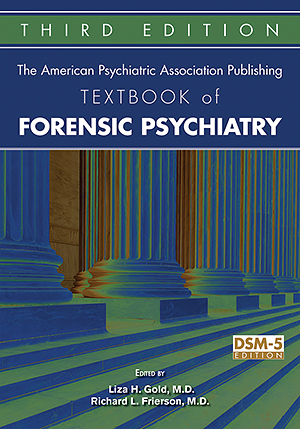Sections
Excerpt
Psychological testing is the administration and interpretation of standardized tests with acceptable psychometric properties. The tests are selected based on the functional area in question, including cognition and intelligence, learning styles and disabilities, memory, personality structure, and assessment of brain injury sequelae. The application of psychological testing in forensic cases has burgeoned since the 1970s. The measures of personality, the standardized testing, and specific assessments of function support the utility of psychological evaluations across the spectrum of forensic cases, including competency, criminal responsibility, disability, custody, and other questions in civil cases (Melton et al. 2007). The U.S. Supreme Court decision in Atkins v. Virginia (2002) prohibiting the execution of persons with mental retardation (now known as intellectual disability), for example, would require some IQ assessment to determine whether the individual is too intellectually impaired to be executed.
Access content
To read the fulltext, please use one of the options below to sign in or purchase access.- Personal login
- Institutional Login
- Sign in via OpenAthens
- Register for access
-
Please login/register if you wish to pair your device and check access availability.
Not a subscriber?
PsychiatryOnline subscription options offer access to the DSM-5 library, books, journals, CME, and patient resources. This all-in-one virtual library provides psychiatrists and mental health professionals with key resources for diagnosis, treatment, research, and professional development.
Need more help? PsychiatryOnline Customer Service may be reached by emailing [email protected] or by calling 800-368-5777 (in the U.S.) or 703-907-7322 (outside the U.S.).



